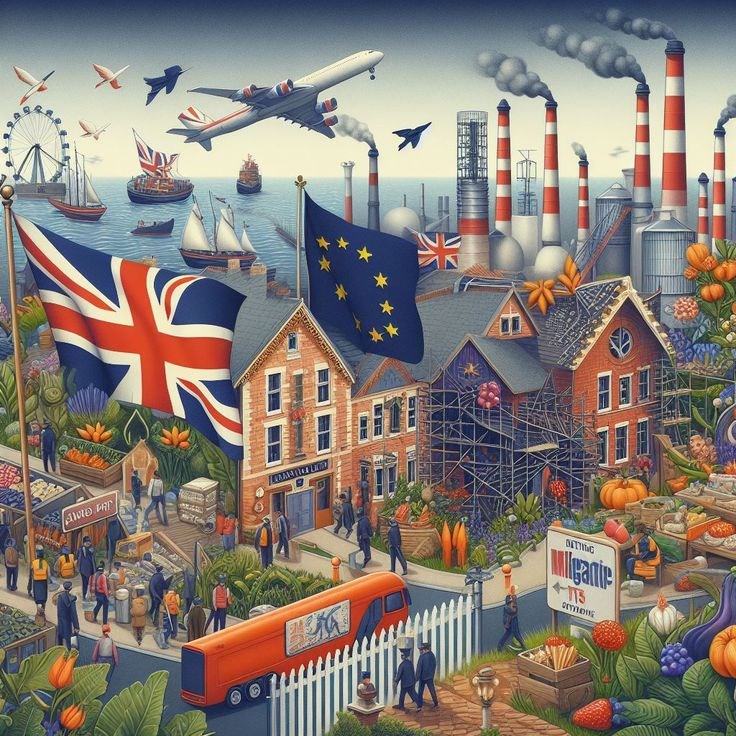Migration is a very influential factor in terms of political relations and cultural differences all around the world. Due to mobility, the people affect government, political actions and Courses, and defense of any given country. At the same time migration is beneficial in enriching the culture of the countries and the challenges that may be associated with the same. It is, therefore, important for governments and societies to have an appreciation of these effects in their endeavor to understand the nature of an integrated world.
From a political perspective, such a movement can be a source of conflict or a factor in enhancing the unity of the countries that experience it. It was noticeable that countries with well-developed undoubtedly should boast of the economic growth and the expanding number of the population, and visa inversely, the country with the unreliable immigration policy will experience political instabilities. This paper will focus on the aspects under which nationalist movements arise with reference to large migration waves which consequently affect elections and political party systems.
Socially, Migration creates an added color interchanged in societies with new culture, language and way of living. The foreigners impact art, food and also introduce ideas enhancing global interaction. Nonetheless, arguments that are referred to as challenges of cultural integration could also result in conflict especially in situations that native people do not want to change. It is also important to note that fruitful policies can be constructed to reduce these tensions and adapt to reaching for inclusiveness.

In economic terms, Migration is the main cause of opportunities and concerns. On one hand, skilled migration of the workers is helpful in increasing the industries, while the unskilled migration results in escalating wage competition. Immigrants bring capital and entrepreneurs contribute to an increase in a host country’s gross domestic product and thus, apply for resources and employment opportunities for growth that may become major political campaign issues leading to alteration of laws on immigration policies.
Global migration is a two-sided concept which touches upon political stability and cultural interactions. On the one hand, it fosters economic and social development and on the other hand brings certain issues that need to be addressed through governance. The benefits far outweigh the risks given that all the positives are derived from countries that foster diversity and have structural policies to regulate them while on the other hand all the negatives are associated with countries that resist change, an aspect that leads to political instabilities and social fragmentation.
Conclusion
In conclusion, Migration is a global phenomenon that impacts on the political and sociocultural terrains. Gender equality concerns can be affected by governance policies on gender, its acceptance within society and financial interventions done towards women. As it has been clearly illustrated, only those countries that adopt structured immigration policies are known to be on the right side, while those countries that resist immigration policies are bound to be erratic. The sensitization of the management is crucial to ensure that the positive impacts of migration are availed and that political stability is achieved, and cultural exchanges boosted in line with globalization.